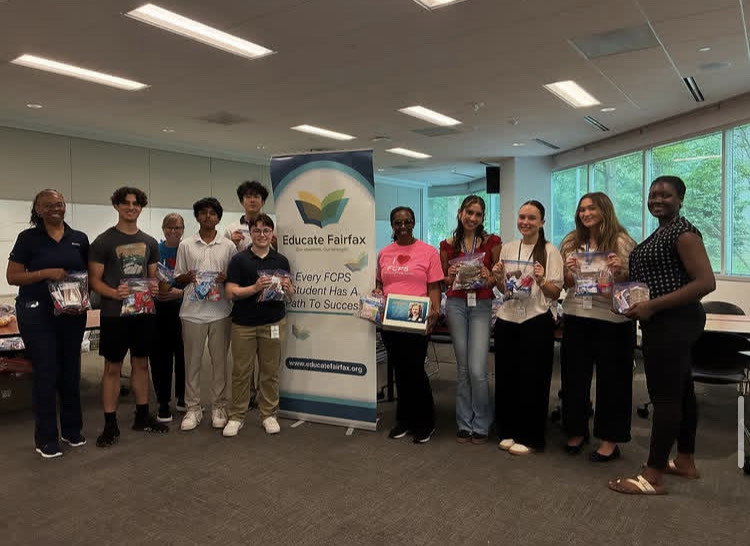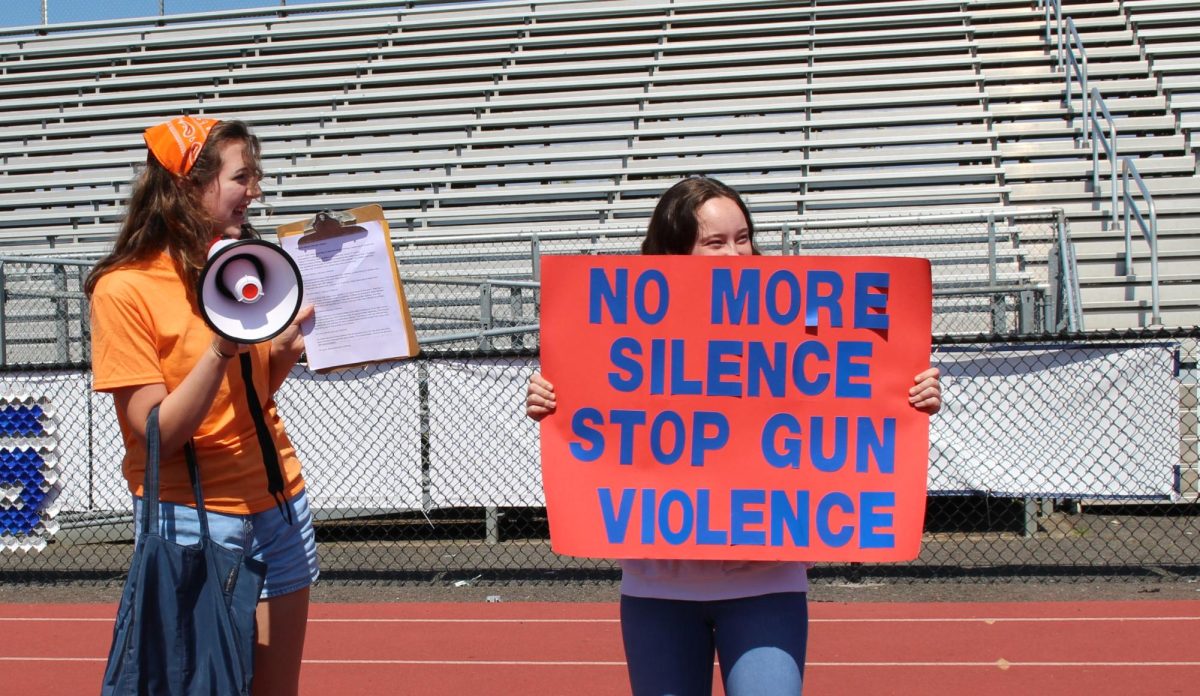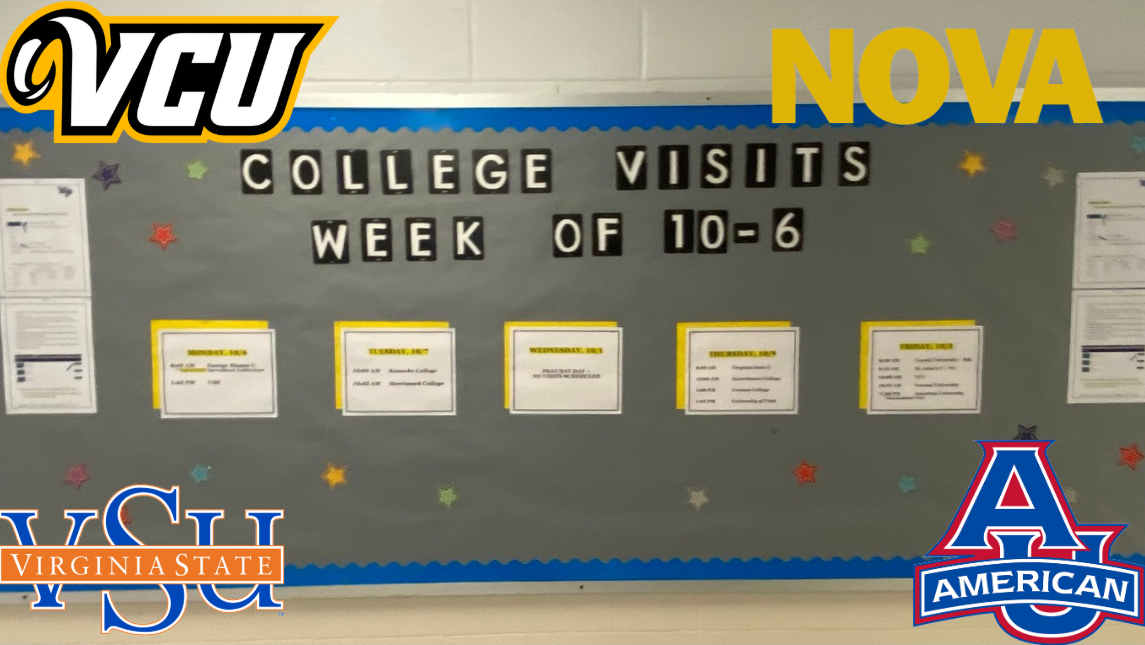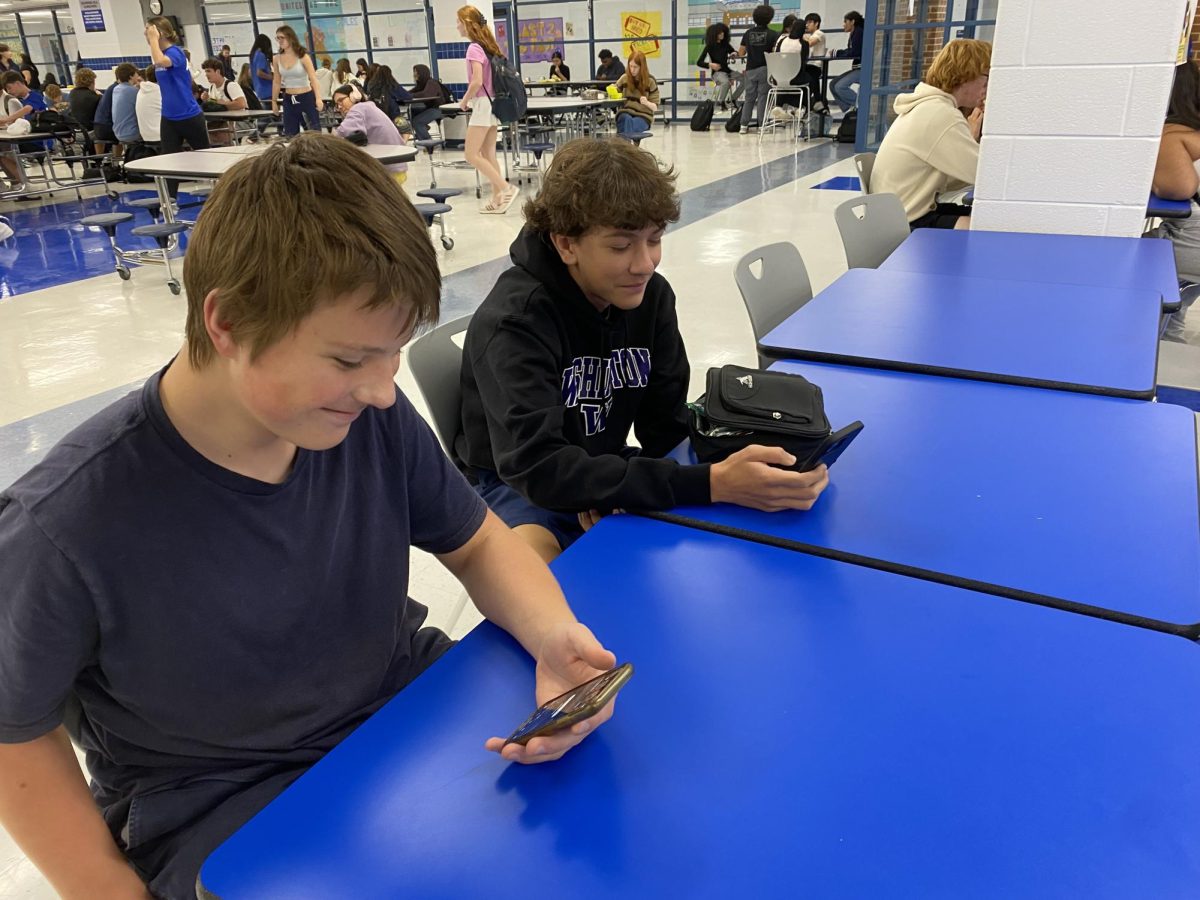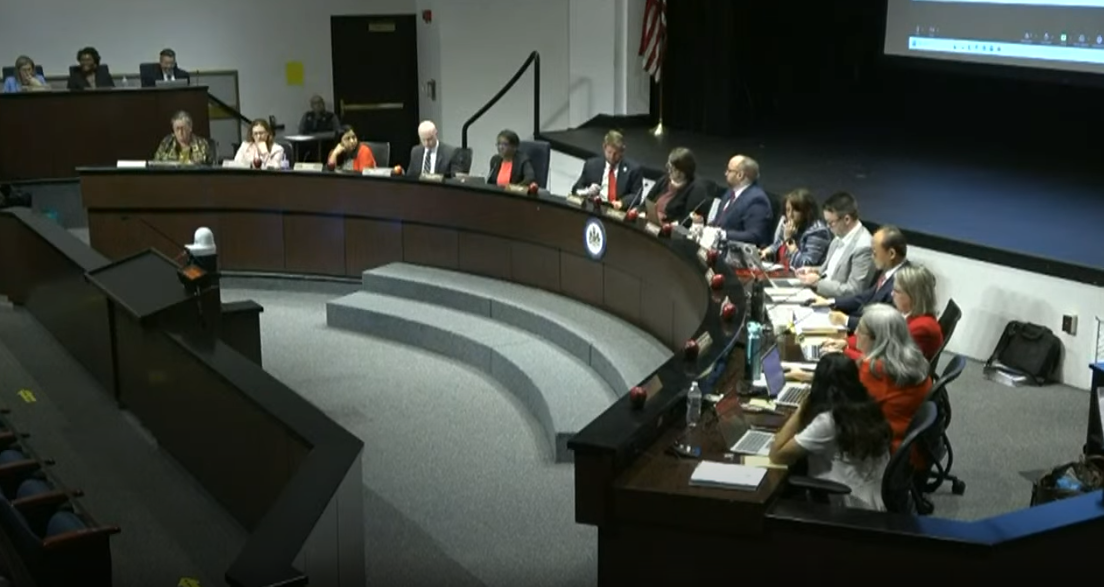On May 8, the FCPS School Board met to finalize the new cell phone policy for next year based on the feedback from its study and pilot programs this year.
First, they voted on two amendments to the FCPS cellphone policy. The first proposed amendment, brought by Melanie Meren, Hunter Mill District, changed the cellphone policy to be a total ban on cellphones from bell to bell. She brought the amendment to the board “so that the Fairfax County School Board complies with Virginia House Bill 1961 and Senate Bill 738, effective as law on July 1, 2025.”
SB 738 and HB 1961 require school boards and schools to create and use cellphone policies that restrict cellphone use throughout the school day. These policies should “restrict, to the fullest extent possible” and “ensure that… enforcement of the policy is the responsibility of the administration…” The bills also specify that exemptions must be arranged for IEPs, 504s, and medical purposes. Students cannot be suspended or expelled for violating the developed policy.
Meren’s amendment, seconded by Ricardy Anderson, Mason District, only received support from Mateo Dunne, Mount Vernon District.
An additional amendment was brought to the board by Sandy Anderson, Springfield District, and seconded by Robyn Lady, Dranesville District.
This amendment restricted high school cellphone policy to a bell to bell ban, but maintained an exception for lunch. Sandy Anderson’s amendment received greater support, approved by Marcia St. John-Cunning, Ilryong Moon, Rachna Heizer, Karl Frisch, and Kyle McDaniel, Ryan McElveen, and Seema Dixit. The motion carried and will have an effect on the Students Rights and Responsibilities next school year.
“…I do reflect on the principals who came to our work session and talked about how the pilot went, and I have to continue to recognize Dr. Mizell at Langston Hughes Middle School who has really done an outstanding job at keeping cellphones away,” Meren noted about her proposal for a total ban. “It’s that person and that leadership structure that makes it happen.”
Ricardy Anderson spoke on her second to the total ban amendment, emphasizing the significance of the statute, SB 738.
“We’ve had this debate at the work session. We received clarification from senators Pekarsky and Surovell who were very clear in their letter to the board… The intention of lawmakers in passing this law is to clarify that… students are not permitted to use their cellphones at any time,’” she said.
Board members disagreed with the interpretation of the statute, some believing that the law requires an all-encompassing restriction on cellphone use. Others pointed out the stipulation that the developed policies are meant to be “age-appropriate and developmentally appropriate.”
Superintendent Dr. Reid said, “…the word ‘restrict’ could be read in a different way, because there was an ‘age-appropriate’ piece language-wise within the bill, that kindergarten might be treated differently than a senior in high school.”
“Age-appropriate” was a motivator for the lunch exempt cellphone policy. “It gives our students a brief 30 to 35 minute window to check their cellphones to do things like coordinate rides home, check work schedules, and listen to music,” Sandy Anderson said.



